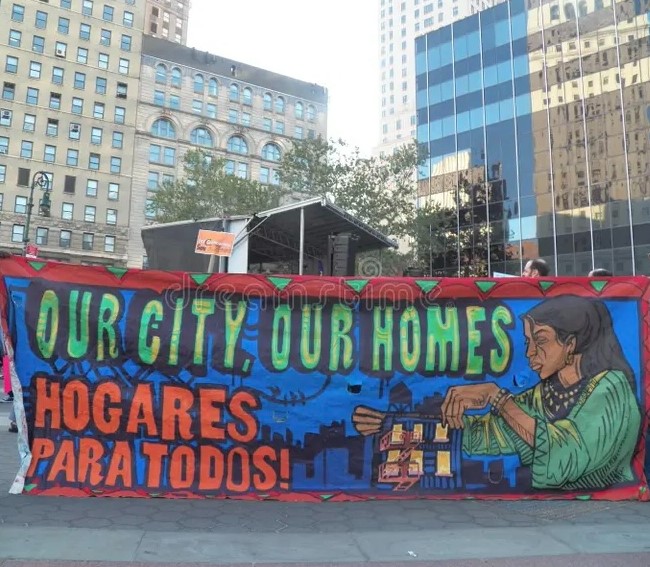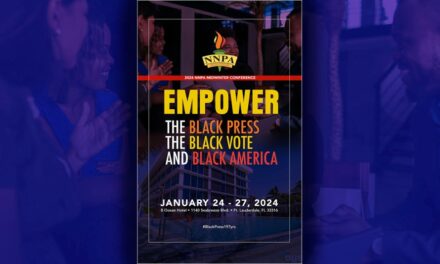By Deborah Bailey,
AFRO Contributing Editor,
dbailey@afro.com
Montgomery County now joins D.C. and Prince George’s County in passing legislation to cap rapidly rising rental prices across the region.
In late July, the Montgomery (MoCo) County Council, passed a permanent 6 percent rent cap during a grueling eight hour session. Thirty five percent of the county’s population of 946,971 are renters, according to the Montgomery County Planning Commission. Black renters in MoCo make up approximately 60 percent of the total rental population, according to the Planning Commission’s 2023 overview.
The hotly debated bill represented a compromise between lead sponsor, Council member Natali Fani-Gonzalez and Council member Will Jawando, who originally proposed a rent cap of only 3 percent. In the end, Jawando said the compromise bill is still a victory for MoCo and a model for the State to move toward limiting rent increases.
“Today is a momentous day for tenants and landlords in Montgomery County. We are the first county in Maryland to enact permanent rent stabilization,” Jawando said in a statement following the bill’s passage.
The District of Columbia City Council also rallied this summer to pass new temporary rent control guidelines easing the burden for the District’s renters. D.C. is consistently ranked as one of the most expensive cities in the U.S. according to the Urban Institute’s Rental Market Working Crisis Group.
With leadership from At-Large City Council member Robert White and Ward 4 Council member Janesse Lewis George, the measure will be effective for two years, until mid-2025. The emergency legislation limits rent increases to 6 percent for rent stabilized apartments and most multi-family units built before 1976. D.C.’s senior residents will have rent prices capped at 4 percent this year and a total of 8 percent over the next two years.
D.C.’s previous rent cap was 8.9 percent and 5 percent annually for seniors.
However, the rent relief did not come without contention. Although the legislation passed the City Council unanimously, White, chair of the council’s Committee on Housing, said things got to the point where something had to be done.
“I introduced this bill because people are struggling under historic inflation. The Council voted unanimously to cap rent increases at 6 percent, and 4 percent for seniors and people with disabilities,” White said in a Tweet.
D. Willar, unhappy with the rental price caps put in place by White wryly tweeted back to White a sentiment expressed by property owners during the rental cap debate.
“This is a disincentive for building owners to invest in their properties, you just reduced the quality of housing,” D. Willar tweeted.
In Prince George’s County, rent increase restrictions are also temporary. The Rent Stabilization Act of 2023 became effective in April, and limits rent increases to 3 percent “for a 12-month period” according to the legislation.
The County Council acted earlier this year after rent prices started jumping in price, sometimes by hundreds of dollars resulting in an unprecedented number of eviction notifications going out across the county when many had lost jobs or hours at work due to Covid-19 lock downs in 2022.
“We passed Rent Stabilization to stop the bleeding and the hurting we were seeing in the community, and I am disappointed that there were some bad actors that still wanted to take advantage of some of the most vulnerable communities,” said Prince George’s County Council member Krystal Oraiadha, lead sponsor of the bill.
Shortly before the Prince George’s County Rent Stabilization Act took effect this spring, The Council had to return to pass emergency legislation preventing landlords from taking advantage of the window between the bill’s passage and its implementation date.
Residents complained of landlord’s retaliating against renters through lease termination, harassment, and intimidation to get renters to relinquish their lease or sign new leases for higher rates before April’s Rent Stabilization Act Effective Date.
Close to 40 percent of Prince George’s County residents are renters, according to U.S. Census data. County renters who feel they are being treated unfairly, or landlords who have not complied with the temporary rent stabilization legislation can go to the county’s office of Printing, Inspections and Enforcement to file a complaint.
The Prince George’s County rent cap is in place until April 26, 2024.
The post Montgomery County officials announce rent cap, bringing relief to hundreds of thousands of residents appeared first on AFRO American Newspapers .











